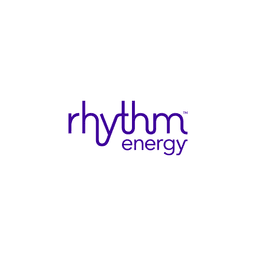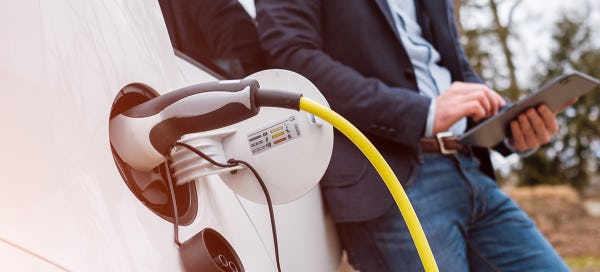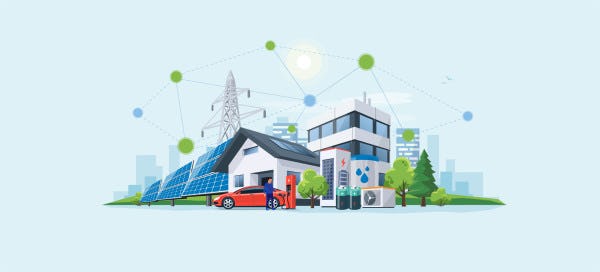Electric vehicles are enjoying rapid adoption in the United States. Approximately 1 million zero-emission cars were registered as of 2020, and charging stations seem to be popping up on every corner. The federal government recently announced new emission standards, targeting that 50% of car production is electric (battery, fuel cell, or hybrid) by 2030.
However, with an aging power system prone to failures and reliant on fossil fuels, prospective electric car owners may have a few trepidations. Texas experienced one of its worst power outages in February 2021 when an intense winter storm hit the state. Similar events occurred in Michigan when summer thunderstorms ravaged the state, and an unexpected ice storm caused widespread outages in Oklahoma in 2020.
A few questions come to mind when considering the relationship between electric cars and our electric grid.
Can our power system support a transition to electric vehicles?
What happens to electric cars during a power outage?
And in the case of an outage, can an electric car be used as a backup power supply?
Read on to learn more.
Can the Power Grid Support Electric Cars?
A country-wide transition to electric vehicles is an admirable and achievable goal, but there are logistical issues that need to be overcome. The country’s power grid has experienced problems in recent decades, with some analysts suggesting that the current system has some significant risks. The federal government has recognized the need for improvements to the electric grid—throughout 2021, infrastructure plans have been proposed that would provide much-needed funding to improve the electric grid, water supply, and other essential services.
So how would a large-scale shift to electric cars affect an already-stressed power grid? If Americans switched exclusively to electric vehicles, it is estimated that the electric grid would need to generate and distribute about 25 percent more electricity. This would require massive amounts of new power plant construction, as well as major improvements to the transmission systems.
That doesn’t account for the fact that the electric grid can only support so much usage at one time—if everyone comes home after work and plugs in an electric vehicle, this puts a large strain on the power distribution network. Even if power production shifts primarily to renewable energy, the distribution system will always be a limiting factor, requiring innovation in the near future.
What Happens To Electric Cars During A Power Outage?
When the power goes out, most people’s first concerns are air conditioning, food spoilage, and other basic necessities. But in the case of electric vehicle owners, there is an extra concern: am I going to be able to drive to work tomorrow? Take the kids to school? Get groceries?
Well, when the power goes out, it doesn’t mean your car is suddenly stranded—whatever charge the battery had will still be there. This is a great incentive to always keep your EV battery topped up. With a 200+ mile range in most electric vehicles, a fully-charged car should provide essential transportation services in the wake of a blackout. However, if you do run out of charge, and the power is still out, you may become envious of your neighbor’s gas-powered vehicle.
Tesla Powerwall owners can enjoy some extra relief during a power outage. The home battery bank is a backup power supply for the whole house, which also allows owners to charge their Tesla (or other electric vehicle) in the case of a power outage. The car will only be charged at a Level 1 EV charging rate, but that’s much better than being stuck with a dead battery.
Can I Use My Electric Car To Power My House?
Recently, vehicle-to-home (V2H) technology has received extensive research and testing. Various electric car manufacturers are exploring the possibilities of using a vehicle as a backup power supply. In theory, your electric vehicle can be charged throughout the day, and then used for electricity during peak-energy times to power your home. This would not only reduce your energy bill, but also the overall strain on the electric grid. The technology could also be used to keep essential services going in your home during a power outage. There are ways how to calculate cost to charge an electric car depending on the usage.
So, can you power your house with a Tesla, Nissan LEAF, or other electric vehicle? Well, if you’re in the United States, not yet. The technology hasn’t been implemented on a commercial scale in America, but is slowly gaining traction in other countries like Japan. Nichicon, a Japanese electronics manufacturer, produces an EV power station that provides bi-directional charging, allowing electric vehicles to send power back into an owner’s home during power outages.
V2H technology is always being tested on smaller scales, especially in times of disaster. For instance, areas in Japan were without power in 2019 due to Typhoon Faxai. Nissan sent in a fleet of LEAF cars to power mobile charging stations for citizens experiencing a blackout. The cars successfully powered nursing homes, daycares, and other essential services.
A related technology, vehicle-to-grid (V2G), seems to be closer to widespread implementation in the United States. V2G operates in a similar manner as V2H, but focuses more on the potential of electric vehicles to be used as collective energy storage to relieve strain on the electric grid at peak hours. If a vehicle owner has extra charge leftover at the end of the day, they could discharge some of this electricity back into the grid and receive monetary compensation.
Charge Your EV with Green Energy
While it is important to how to manage your EV in an outage, it is equally important to know how to maximize your investment every day. Texas is a deregulated energy market, meaning residents are able to choose their own electricity provider. With providers that offer standard plans, EV owners are likely to be powering their vehicles with a standard energy mix from the grid, which include fossil fuels. To avoid this, many electric vehicle owners are switching to energy providers whose plans are backed by renewable energy.
Rhythm Energy provides a variety of 100% renewable electricity plans that incorporate sources like solar and wind power, allowing Texans to charge their electric cars with clean, green energy. Interested in learning more? Visit our EV FAQ page or check out our EV electricity plans today.



